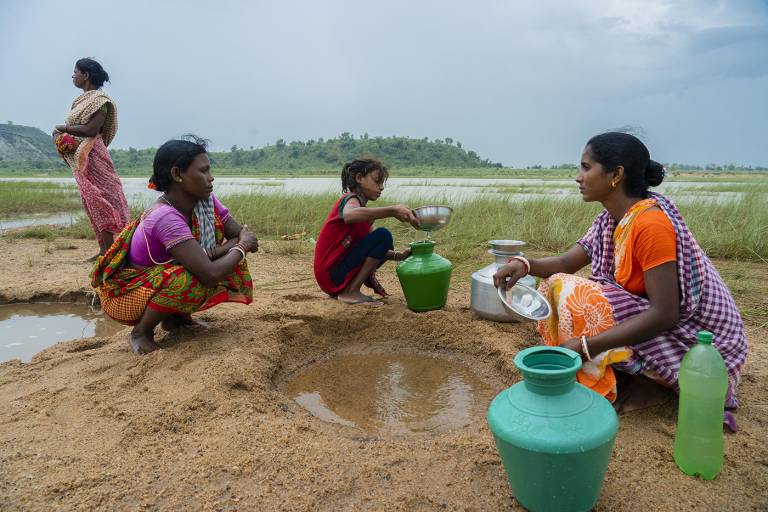Decolonising climate change-heritage research to recognise and protect invaluable sites & traditions
17 February 2022
Decolonising research and empowering local communities are key to improving resilience of heritage sites and practices threated by climate change, according to new study published in Nature Climate Change.

The article is co-authored by UCL Institute for Sustainable Heritage Lecturer Dr Scott Allan Orr and urges that research and knowledge generation must become more inclusive, equitable and diverse to mitigate the global threat of climate change.
Climate change threatens to destroy invaluable heritage sites and traditions in marginalised countries. Both historic and ongoing power imbalances in how climate change heritage research is produced and used must be recognised and addressed to fix systemic inequities such as access to funding and bias toward heritage sites in higher-income countries.
The researchers said de-colonial approaches are not yet widely established in climate change-heritage scholarship and practice, and de-colonial efforts can begin to address systemic inequities, recognise the breadth of heritage, and strengthen adaptation action globally.
Dr Orr said:
““It is essential to realise and overcome geographic, intersectional, and distributional blind spots associated with colonial research legacies. Climate change heritage research needs to recognise a broad range of potential impacts on communities’ intangible cultural heritage and involve communities throughout the research process, from prioritising funding through to engagement during research and implementing long-term monitoring strategies”.
The study recommends that priorities for research and practice should be informed by Indigenous and local communities and should incorporate their values when undertaking climate change risk and vulnerability assessments.
Professor May Cassar, ISH Director said:
““The Institute for Sustainable Heritage has a well- established track record in research on climate change impacts on cultural heritage. Building on this strong foundation, a new generation of researchers is breaking new ground by recognising that knowledge on climate change is shared and that future solutions and improved resilience lie in scientific know-how and traditional knowledge and histories."
In December 2021 ISH participated in first ever UNESCO-IPCC-ICOMOS Meeting, aiming to advance heritage and culture-based actions for climate change adaptation and carbon mitigation.
Dr Orr has also authored an open-access systematic literature review evaluating 165 publications on cultural heritage and climate change, which highlights the urgent need for global cooperation and knowledge exchange within the field.
Links
- Read the paper: Decolonizing climate change–heritage research
Simpson, N.P., Clarke, J., Orr, S.A. et al. Decolonizing climate change–heritage research. Nat. Clim. Chang. (2022). doi:10.1038/s41558-022-01279-8 - Dr Scott Allan Orr
- ISH selected to participate in first ever UNESCO-IPCC-ICOMOS Meeting
- Climate change and cultural heritage: a systematic literature review
Orr, S., Richards, J., Fatoric, S. (2021). Climate change and cultural heritage: a systematic literature review (2016-2020). Historic Environment: Policy and Practice, 12 (3-4), doi:10.1080/17567505.2021.1957264
Image: Our dying rivers by Sudip Maiti - women collect drinking water from the river sand in the state of West Bengal, India.
 Close
Close

